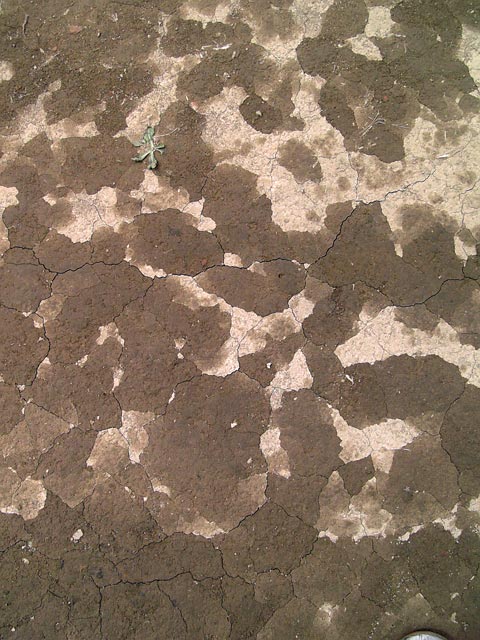Translated by ELISABETH JAQUETTE
“Goal! Nice goal!”
That’s what my mother calls from where she sits on her low stool, which seems to long for the earth of my father’s grave, when she sees me kick an onion between two of the legs supporting the large earthen water jar. My vegeta-ball bounces off one leg and lands in the smoke pit, crying hot tears from the wound she sustained when she struck the sharp leg.
The smoke pit is under my grandmother’s wooden bed, so I bend down to retrieve my vegeta-ball, but when I see that the ground under her bed is wet with water dripping from the jug, I immediately forget what I was looking for. I love mud, and so donkeys, sheep, lions, elephants, and chickens emerge from the mud thanks to my fingertips, and then I take my new flock to graze in the courtyard, where they all eat grass, and even the lion’s stomach is fine with it. The two pebbles I use for his sad and happy eyes are like lovely girls’ eyes in my country. The elephant is smaller than the goat; it wasn’t born, doesn’t reproduce, and won’t die, just like the goat, and like me, I think, and the matches make for straight tusks. My mother is looking at me with a lot of love, not because I’m little and without a father, but because I’m ugly and skinny and poor, and my mother thinks this trinity will crucify me on sturdy beams before the age of thirty. But she doesn’t notice that the lion I’ve made is like an officer in plainclothes, that its mouth looks as meek as the beak of a bird, as if Christ has come down into my fingertips, then out through my hands. “Don’t worry about him,ˮ my grandmother tells my mother. “He’s been watching water drip from the jug for four hours, perfectly happy.”










